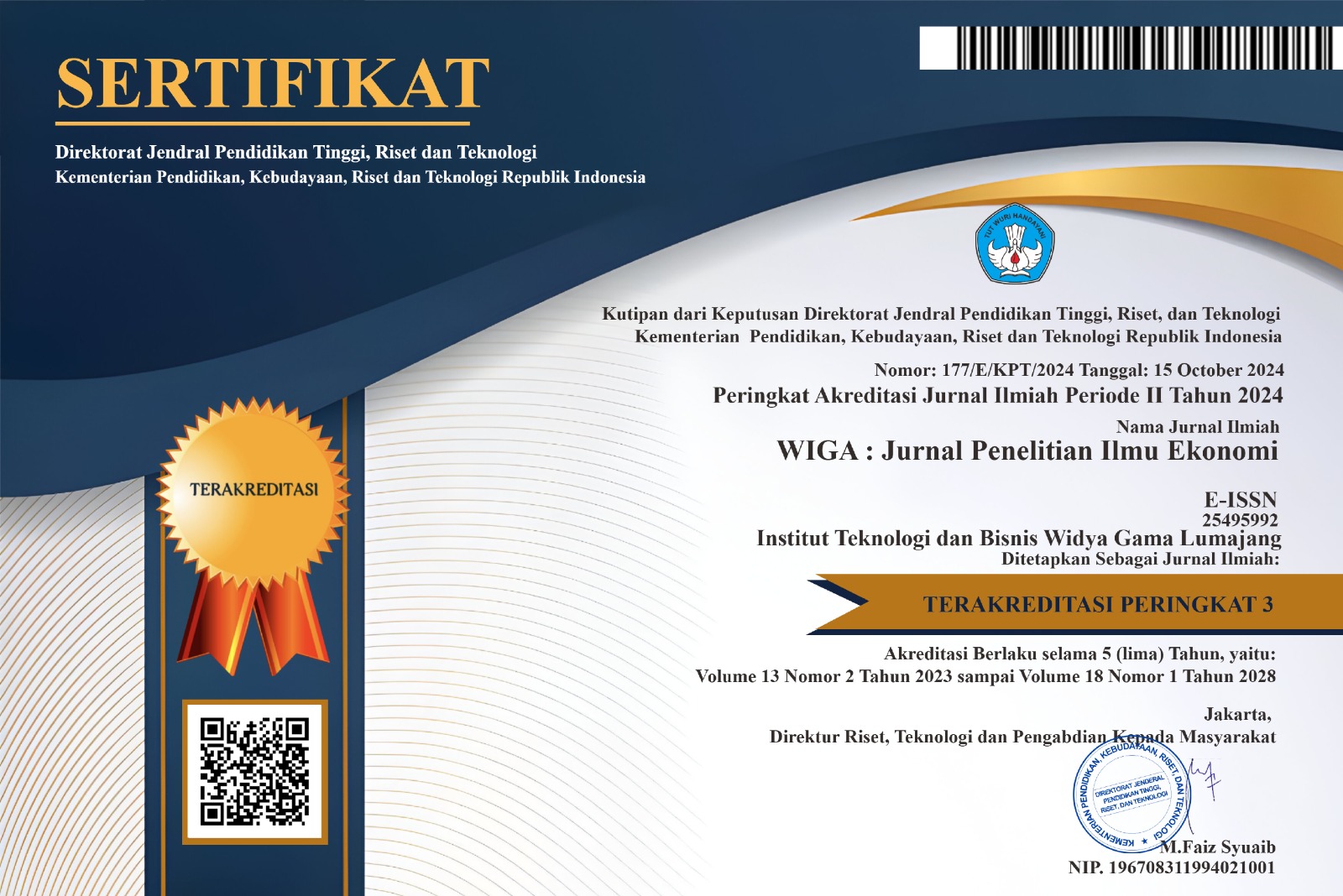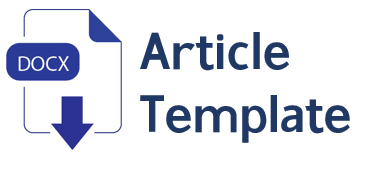Implementasi System Akuntansi Pemerintah Daerah Di Era Otoda
DOI:
https://doi.org/10.30741/wiga.v1i2.51Keywords:
Local Government Financial System, SKPD, Auditor, Local Government Financial Reports, SAPAbstract
Indonesian Constitution of 1945 mandates that local goverment authorities to regulate and manage their own affairs according to the principle of autonomy and duty of assistance. Granting autonomy to the regions aimed to accelerate the realization of public welfare through the improvement of service, empowerment and and community roles.
One of the concrete efforts of local government is to achieve the transparency and accountability of the government financial reports that meets the on time principles and prepared to follow the government accounting standard that has been generally accepted.
As we know that the Law No. 17 of 2003 regarding State Finances and the Law No. 1 of 2004 on State Treasury and the Law. No. 32 of 204 on Local Government, mandates the use of Government Accounting Standards (SAP) as a guide and reference for goverment /local goverment in preparing the financial statements.
Therefore, local government financial statements before submission to the public through the legislature (parliament) first must be audited by an independent agency, in this case is the Supreme Audit Agency (BPK) of the Republic of Indonesia. It is as mandates in the Law. No. 17 of 2003 on State Finance; Act. No. 1 of 2004.
It can be concluded that the Professional Accountants have an important role as intellectuals in all activities as well as a change agent in achieving the Corporate Governance.









